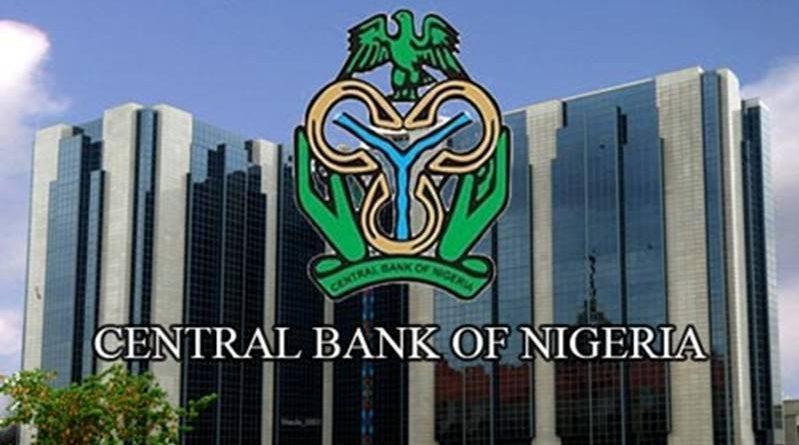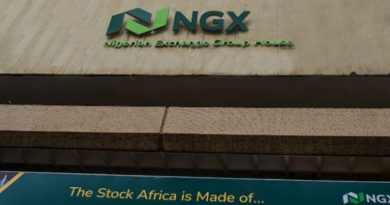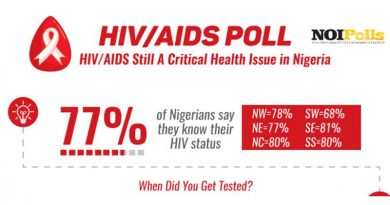CBN’s Monetary Policy Committee Raise MPR to16.5%
Eleven (11) members of the monetary policy committee of the CBN were in attendance.
Decision
The eleven members unanimously voted to raise the MPR.
• Nine out of Eleven members voted to raise MPR by 100bps to 16.5%
• Retain the asymmetric corridor of the MPR at +100 / -700 basis points.
• Retain CRR at 32.5%.
• Retain liquidity ratio at 30%.
The MPC noted that the medium-term outlook for both the global and domestic economies remain clouded by uncertainties associated with the Russia-Ukraine crisis, lingering COVID-19 pandemic, and continuous lockdown of major cities in China, persistent tightening of global financial conditions, and slowing global trade are significant pointers to a weakening global economy.
Regarding the domestic economy, the MPC noted that the available data on key macroeconomic indicators suggest continued rebound in output growth in 2022, but at a much slower pace considering the unfolding domestic and external shocks to the economy. The domestic shocks stem from insecurity, rising cost of debt and debt servicing, deteriorating fiscal balances, increased spending associated with the 2023 general elections and continued upward trend in inflationary pressures.
The committee noted the development in the equities market within the review period reflected sustained sell-off and profit- taking by investors rebalancing their portfolios in favor of higher yields in the fixed-income market. Other contributory factors include elevated inflation, tightening external financial conditions and rising sovereign risks associated with the upcoming general elections.
In the banking system, the capital adequacy ratio declined to 13.4% but remained within the prudential limit of 10 and 15%. The liquidity ratio at 40.1% was above its prudential limit of 30%. In addition, MPC noted the NPL ratio declined to 4.8% in October ’22 compared with 4.9% the previous month. The committee encourages a tight prudential regime to ensure that NPL is kept below its prudential benchmark of 5%.
The MPC noted the dominance of external headwinds such as (the Russia-Ukraine crisis, supply chain disruptions due to China’s zero-COVID policy, and monetary policy tightening in advanced economies) and concluded that a loosening option was not desirable at this meeting. The MPC highlighted that loosening would lead to a more aggressive rise in inflation and erode the gain achieved through tightening. Furthermore, a hold stance would impair the gains achieved from the previous rate hikes and worsen the inflation situation.
On tightening, the MPC noted that tightening would help narrow the negative real interest rate margin, improve market sentiment and investors’ confidence. The committee believes that the recent m/m declines in headline inflation suggest that the previous rate hikes were yielding the expected outcome. As such, sustaining the tightening stance would further consolidate the decline in inflation.
To read the full report, click here




